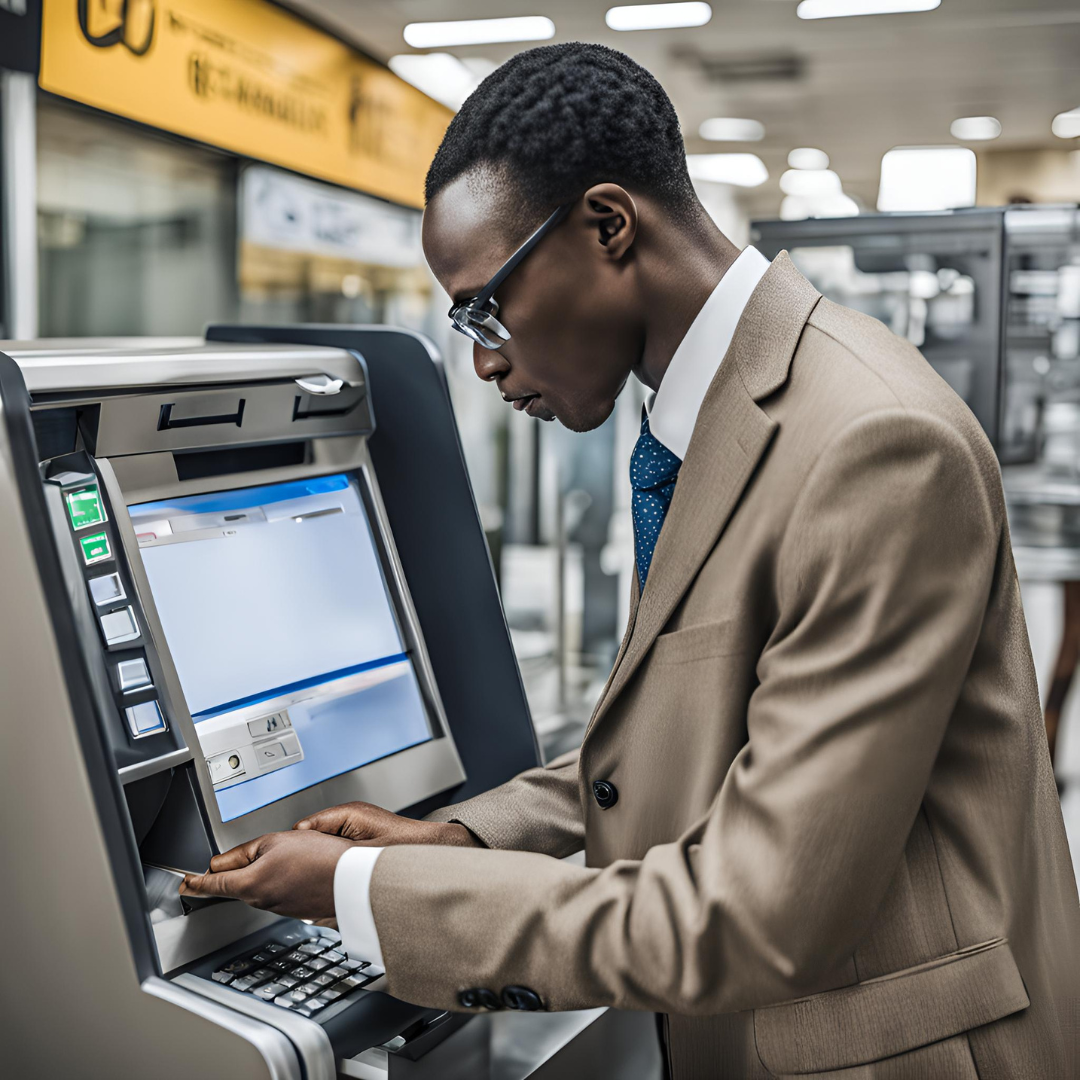In 2024, Equity Bank, one of Kenya’s financial heavyweights, found itself in a bit of a pickle. Equity Bank lost a staggering 179 million Kenyan shillings through what can only be described as some seriously shady debit card transactions. This case serves as a stark reminder that fraud in the banking sector is no laughing matter – unless, of course, you’re the fraudsters themselves, in which case, they’re probably having a grand old time.
So what is the banking industry doing about this? Simple- integration of AI systems to counter fraud. Let me tell you these AI systems are sharper than a banker’s suit and quicker than a teller’s fingers in smoking out the frauds.
One of the key ways AI has been integrated into the banking sector is through the implementation of fraud detection algorithms. These advanced AI systems are like digital bloodhounds, sniffing out unusual patterns in transactions that may indicate that something fishy is going on with your account. Imagine a scenario where your card is used in a foreign country while you’re relaxing at home, sipping on a nice cup of tea. The AI system would be all over that like a bank robber on a free toaster, locking your card and alerting you faster than you can say
Moreover, AI systems are employed to analyze customer behavior and create profiles based on spending habits, transaction history, and other relevant data. This allows for the instant identification of any deviations from the norm. For instance, if you, a customer who rarely shops online, suddenly engage in a spree of online purchases, the AI system would be like, “Hold up, partner! Something’s not right here,” and initiate a security check faster than a cheetah chasing a gazelle. ( My bank has been calling me many times this week
Biometric authentication, facilitated by AI, has also emerged as a standard practice in the banking industry, replacing traditional passwords and PINs. This includes methods such as fingerprint scans, facial recognition, and voice recognition, providing an additional layer of security and making it significantly more challenging for fraudsters to gain unauthorized access to accounts. Imagine the convenience of simply using your unique biometric data to access your account, without the hassle of remembering complex passwords or PINs – it’s like having a personal bodyguard for your money!
Furthermore, AI has streamlined the fraud investigation process by quickly sifting through large amounts of data to identify patterns and connections that might be overlooked by human investigators. This accelerates the resolution of fraud cases, ensuring that victims are able to recover their money more quickly and with less hassle. AI can analyze vast networks of transactions to detect hidden relationships and predict future fraudulent activities based on historical data. By doing so, AI helps to piece together a comprehensive picture of fraudulent operations, which would otherwise require extensive time and effort from human investigators. It’s like having a team of Sherlock Holmes-sequel detectives on the case, but without the silly hats and questionable fashion choices.
Additionally, AI plays a crucial role in predictive analysis, not only reacting to fraud but also anticipating and predicting it. By analyzing trends and historical data, AI can foresee potential areas and methods of fraudulent activity, allowing banks to implement preventive measures and reduce the risk of fraud before it occurs. Imagine a world where banks can proactively safeguard your financial well-being, even before a threat materializes – it’s like having a crystal ball for your money!
In conclusion, the integration of AI in the banking sector has revolutionized the way fraud is detected and prevented. From real-time transaction monitoring to behavioral analysis and biometric authentication, AI has become an indispensable tool in the fight against financial crimes. As a customer, I can rest assured that my bank is taking proactive measures to protect my hard-earned money, thanks to the power of artificial intelligence. And who knows, maybe one day, the fraudsters will be the ones scratching their heads, wondering how they got outsmarted by a bunch of ones and zeros.



















+ There are no comments
Add yours